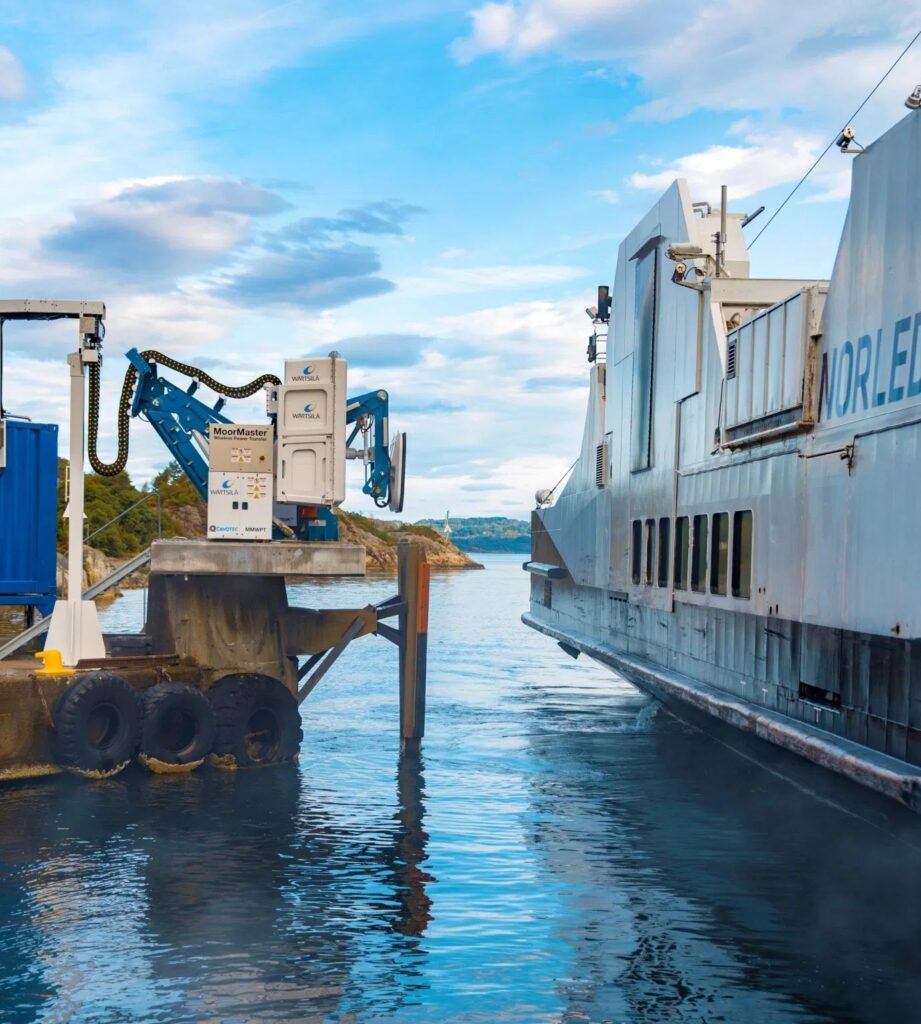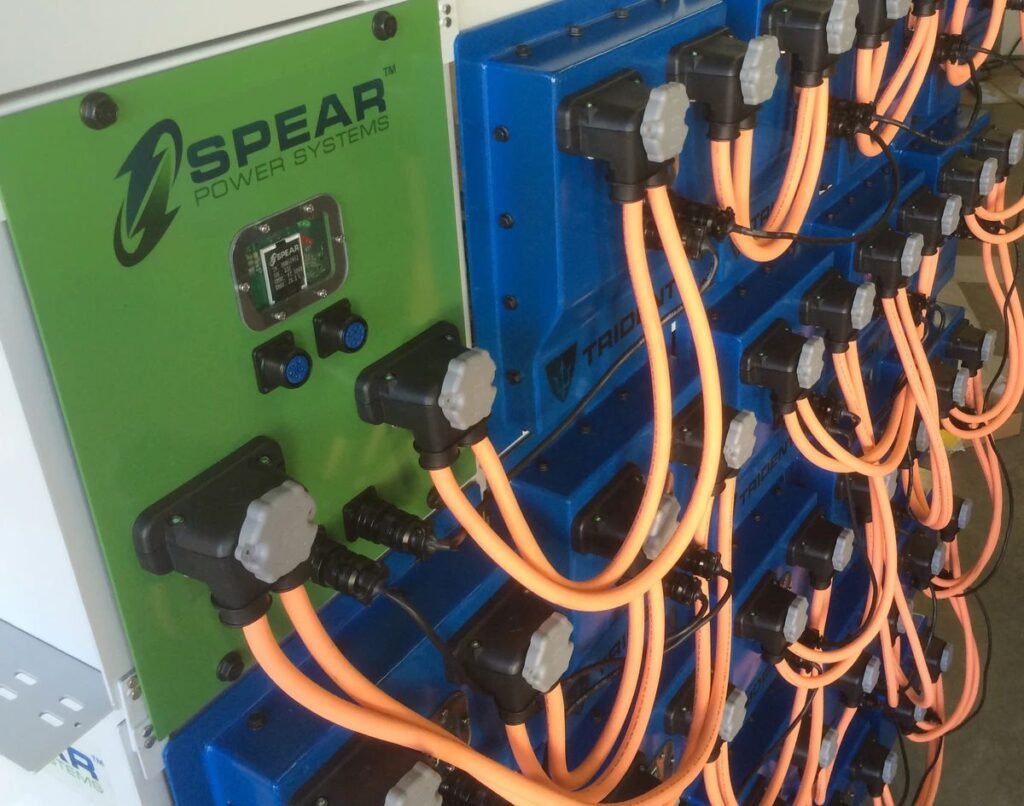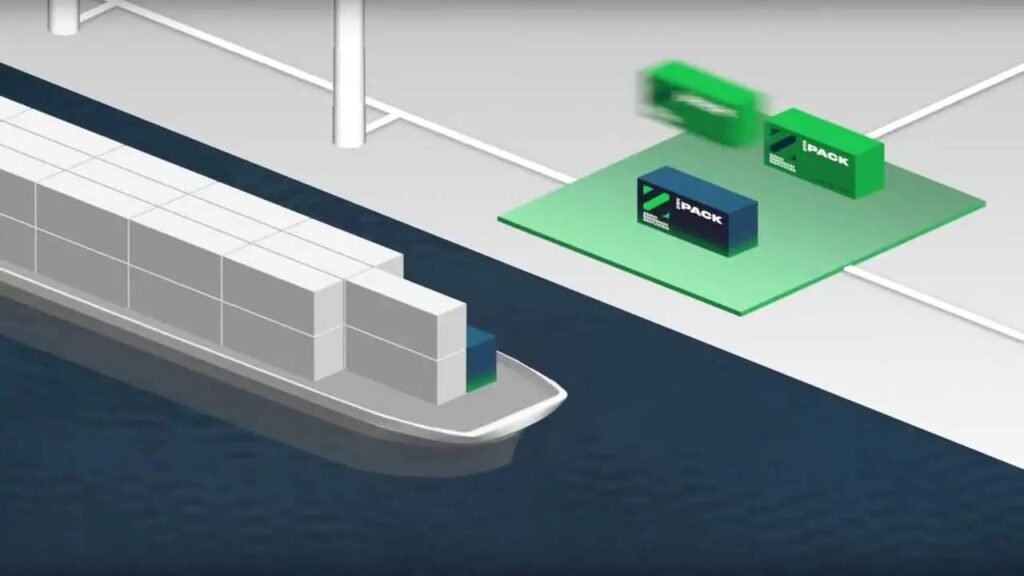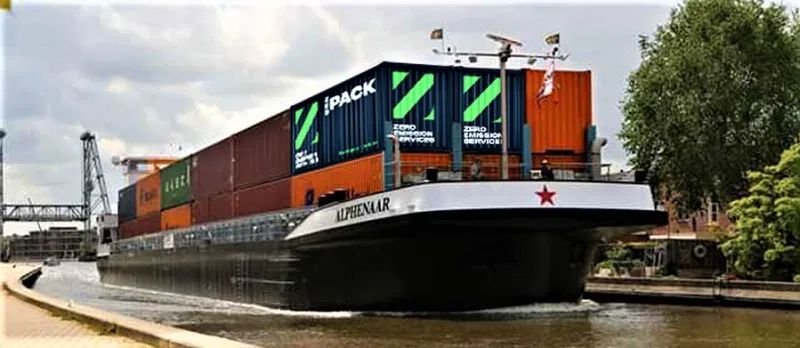The European Commission’s Horizon 2020 Program is funding a swappable container waterborne transport battery. Called Current Direct, this program plans to revolutionize the way goods are moved by water.
Water transport in Europe is mostly done with diesel engines and Current Direct plans to solve this by cutting the cost of today’s marine battery-electric drivetrains in half.

This will relieve shipowners from a hefty burden of capital expense while enabling the rapid adoption of reducing greenhouse gas emissions by 482,000 metric tons of CO2 equivalents annually.
Through its Energy as a Service platform, Current Direct will allow ship owners to participate in the shift to clean energy while creating new business opportunities for shipyards and local entrepreneurs.
It’s doing this by changing the model for obtaining and storing energy aboard vessels and through this, will create a new energy economy. This will add thousands of new jobs.
Current Direct brings together thirteen dynamic partners from across Europe’s marine electrification value chain.
The project is led by Spear Power Systems, makers of the world’s lightest, most flexible marine batteries certified to the most stringent international safety standards.

Blackstone Technology is lowering the cost of manufacturing tomorrow’s 3D printed lithium-ion cells using state of the art active materials from Umicore.
The University of Hasselt will use its electrochemical expertise to develop physics-based models of the Current Direct cells that will help optimize the life and return on investment of battery systems deployed across Europe as part of the Current Direct Energy as a Service platform developed by the accomplished engineers and data scientists at Rhoé Urban Technologies and Aviloo.

Naval architecture and marine engineering company Foreship will lend its expertise to EDP CNET’s in depth knowledge of electrical markets to ensure the Current Direct platform targets optimal vessels and locations maximizing reductions in emissions.
VUB’s material science experts are creating low-cost composites to improve the safety of battery packs that are designed for recyclability and feature VITO’s smart cell monitoring electronics.

Wartsila will develop modular battery containers and charging infrastructure that will be certified to innovative standards by Lloyd’s Register.
The project will culminate in a demonstration of the Current Direct battery, shore charging, and asset management platform by Kotug in Rotterdam.
This is a PRNewswire Feed; edited by Clean-Future Team






